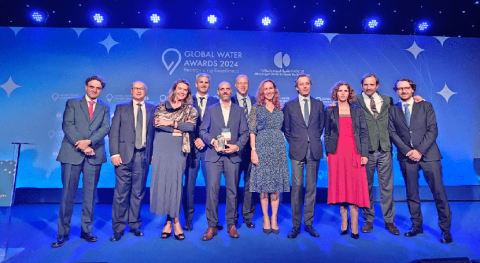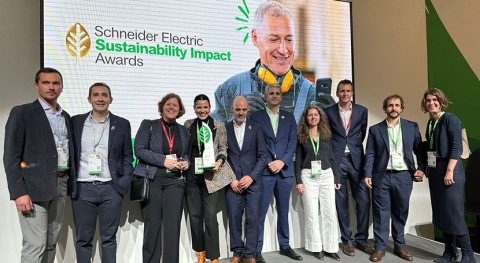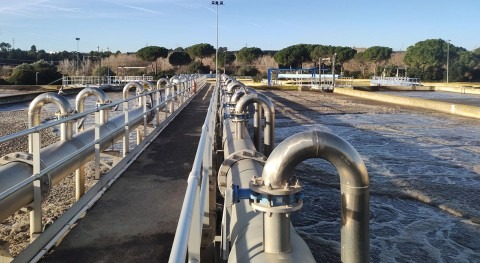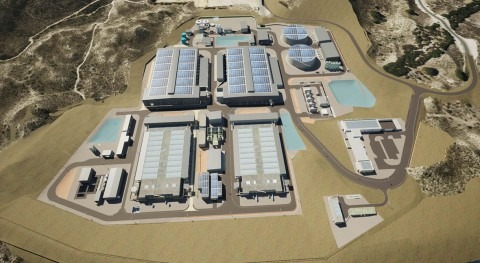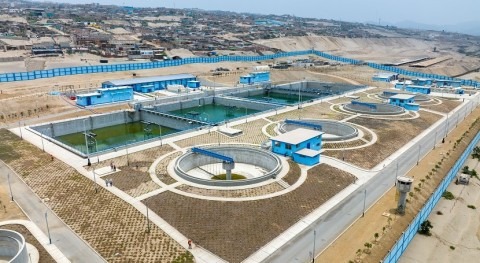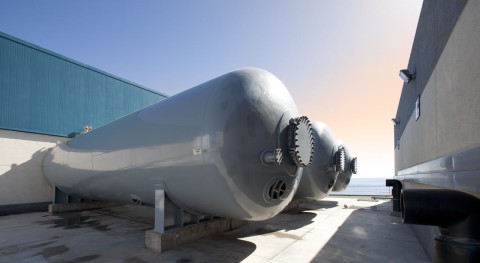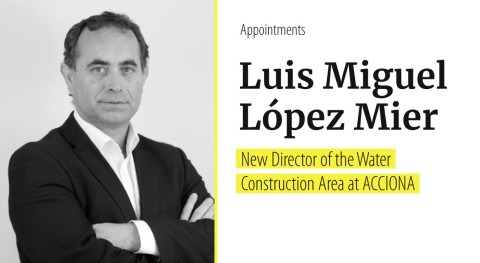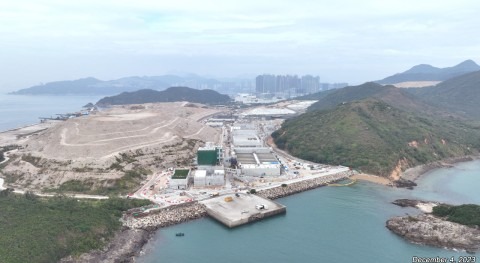Even though the water demand in Latin America is huge, private investment in the sector has been slow and irregular up to now. This is due in part to the lack of legislation and certainty provided by public entities. However, the growing demand for drinking water and the increase in sewerage coverage and treatment of waste water in all Latin American countries will lead to greater interest in developing private initiatives and public private partnerships (PPP) models, that require better legislation and regulations.
The role of private operators is essential in order to implement cutting-edge solutions together with solutions that result in greater project value, more efficient for States. The companies that specialise in water cycle services contribute knowledge and experience, and provide the client their technical expertise and their expertise in the development of PPP models in different countries. The objective is to adopt the model that addresses the needs of the client, providing solutions that improve the quality of life of citizens.
Nowadays, in order not to increase their deficit, Latin American countries are seeking alternate investment mechanisms that address the whole water cycle, such as public private contracts (PPPs).
PPPs imply long term cooperation between both parties, suitably regulated through a contract between public authorities and the public sector, in order to carry out public projects where the required resources are jointly managed. The risks associated with the project are appropriately distributed, based on the risk management capacity of project partners. It is an effective solution to ensure infrastructure is available or to offer a public service, and the main objective should be to improve the quality of the service provided to citizens.

The Mundaring drinking water treatment plant, in Australia, was the first PPP project in the water sector ever to be implemented in western Australia
The private sector contributes expertise, technology and easy access to financing when entering a PPP with public entities. Specifically, if we are talking about Spanish companies, which are leading companies in water treatment, they can contribute global cutting-edge technology and expertise, both in terms of treatment processes, and in terms of integrated water cycle management.
Another aspect that companies can provide is easy adaptation to changes and contingencies; also, they can offer flexible formulas for human resource management and management of subcontractors. As well, these companies aim for final cost efficiency, through synergies in the entire value chain (design, procurement, construction, commissioning and operation of infrastructure).
In addition, PPPs between Spanish private companies and Latin American public entities can benefit from the cultural ties between them, which have strengthened in the past decade. The relationships are better, closer, and knowing that the project is a long term one (not a construction project where you arrive and then leave), make for a stronger relationship among the parties.
Public private partnerships (PPP) imply long term cooperation, suitably regulated through a contract between public authorities and the public sector
What does the private sector ask for?
One of the first requirements that the private sector should ask for when entering this type of contracts is legal certainty. There should be arbitrating bodies with national or international competences that can act quickly upon any disagreement among the parties involved. In addition, the tender specifications should be under the control of national entities that establish a clear regulatory framework — not open to different interpretations based on who reads them — and that ultimately can attract international investors with competitive financing.
Government guarantee mechanisms do not work correctly in all Latin American countries. Maybe one of the most consolidated markets when it comes to PPPs is Peru, where ACCIONA Agua has built and is now operating for a 30 year term the La Chira waste water treatment plant under a PPP. We worked with Proinversión — the Peruvian public entity promoting private investment — on the planning and procurement phase, and then worked on the development, implementation and operation phase with Sedapal — a Peruvian public water company — as the final client, together with the responsible Ministry.
Maybe we could say that some countries are more accessible than others from the point of view of PPPs, but at ACCIONA we analyse each country in terms of its culture, the social and cultural reality, and we try to learn the best way of doing business in it. Our model is based on sustainability, the trust of our client, and the consolidation of our business in the long term, trying to be considered a local company in each of the countries, integrating our experience and transferring our know-how to the community.
In PPPs, it is essential for the business model to attract investment through legal certainty, guarantee mechanisms to obtain financing for projects, and draft laws that allow for dynamic project development within the applicable legal framework in each country. We should mention the importance of the States supporting these PPP models, which can be self-sustainable, or else partially funded by government entities. Applying economies of scale and finding appropriate project sizes will help to improve project sustainability with the revenue raised through user tariffs, thereby decreasing the contributions of governments.

The St. John drinking water treatment plant, in New Brunswick, Canada, with a capacity of 75 million litres per day and a water storage tank for 33 million litres
ACCIONA AGUA, global leader in the development of PPP projects
ACCIONA Agua is interested in projects that involve water, waste water and desalination coming up in the region, since that is our 'main business'. However, we will not turn away from any interesting projects dealing with new sources of drinking water and models to improve water services management in general.
The challenges for water sector companies in Latin America entail trying to reduce the gap in access to drinking water, sanitation and water treatment. Governments must continue to allocate enough funding to reduce this gap through the national budget, and create agencies for public-private collaboration that streamline project development.
Aside from the projects mentioned in Peru, the most representative PPP project of ACCIONA Agua in Latin America, due to its magnitude, is the Atotonilco waste water treatment plant in Mexico. This plant provides services to more than 11 million people in the country's capital.
But ACCIONA Agua not only develops PPP projects in Latin America. In New Brunswick, Canada, the City Council has entrusted ACCIONA Agua with modernising its drinking water supply network, the oldest in the country, together with the drinking water treatment plant. In Africa, the most important project is the desalination plant in Fouka, Algeria. This plant was part of a programme to create desalination capacity worth billions, launched by the Algerian government in 2008. In Australia, our company manages the drinking water treatment plant of Mundaring, Perth, the first PPP project in the water sector ever to be implemented in western Australia.
All of these examples indicate that PPPs work as long as both parts are willing to collaborate. With transparency on both sides, they can provide guarantees for project implementation in a sector that is essential to ensure a fair standard of living and sustainable development in the medium and long term.
In addition, the financial market has taken the initiative of seeking investments through the PPP model in the water sector, given the importance of this sector for the economy in the future and the well-being of society, participating in projects with specialised companies such as ACCIONA Agua. Our company has demonstrated the success of the PPP model, improving the final results of projects, and reducing the implementation periods.
We are sure that the PPP model will be significant in the water business, and that the efforts and synergies between the public and private sector focused on de PPP model in each country will devise the mechanisms necessary for success.





